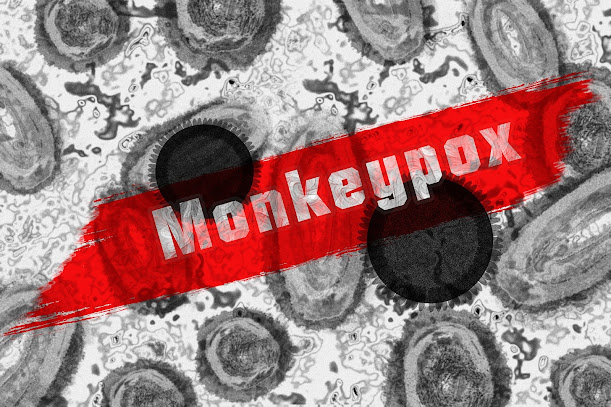Air pollution causes lung cancer, scientists discover.
Air pollution causes lung cancer, scientists discover.
Scientists said on Saturday that they had discovered the mechanism through which lung cancer in non-smokers is brought on by air pollution. One expert welcomed this finding as "a major stride for science—and for society."
The study demonstrated the threat to human health by the minute particles released by the combustion of fossil fuels, prompting new calls for more immediate action to halt climate change.
According to Charles Swanton of the UK's Francis Crick Institute, it might also open the door for a brand-new area of cancer prevention.
Swanton presented the study at the European Society for Medical Oncology's annual conference in Paris; it has not yet been peer-reviewed.
Long believed to increase the incidence of lung cancer in non-smokers, air pollution has this association. However, Swanton noted, "We didn't really know whether pollution was directly causing lung cancer, or how."
It has long been believed that exposure to carcinogens, such as those found in cigarette smoke or pollution, results in DNA changes that eventually lead to cancer.
This concept, however, included an "inconvenient fact," according to Swanton, who noted that most environmental carcinogens do not produce DNA changes and that the mutations can occur without making cancer in other cases. His research suggests a distinct model.
A potential cancer drug?
More than 460,000 people in England, South Korea, and Taiwan had their health records examined by the University College London and Francis Crick Institute research team.
They discovered that exposure to PM2.5 pollution particles, which are just 2.5 microns across, increased the chance of EGFR gene alterations.
In laboratory experiments using mice, the scientists demonstrated that the particles altered the EGFR and KRAS genes, which have been connected to lung cancer. Finally, they examined over 250 human lung tissue samples without exposure to significant pollution or smoking-related toxins.
Even though the lungs were in good health, they discovered DNA alterations in 18% of the EGFR genes and 33% of the KRAS genes.
Swanton stated that the mutations "are just sitting there" and appear to worsen as people age. He claimed they "probably aren't enough to drive cancer on their own."
However, Swanton noted that when a cell is exposed to pollution, it may start a "wound-healing response" that results in inflammation. He also continued that if that cell "harbours a mutation, it will eventually create a malignancy." He claimed, "We've given a biological explanation for what was before a mystery.
In a further study using mice, the scientists demonstrated that an antibody may inhibit the mediator known as interleukin one beta that causes inflammation, preventing cancer from ever developing in the first place.
The discovery, according to Swanton, "provides productive grounds for a future of what would be molecular cancer prevention, where we might provide individuals a tablet, potentially every day, to minimise the chance of cancer," he added.
According to Suzette Delaloge, director of the Gustave Roussy Institute's cancer prevention programme, the finding was "extremely innovative because we had virtually no earlier demonstration of this alternate manner of cancer growing."




Comments
Post a Comment